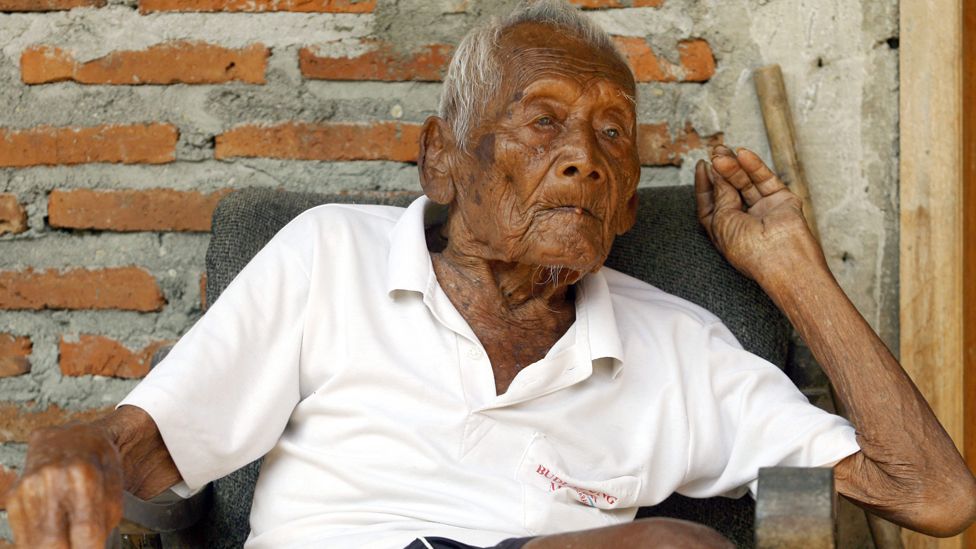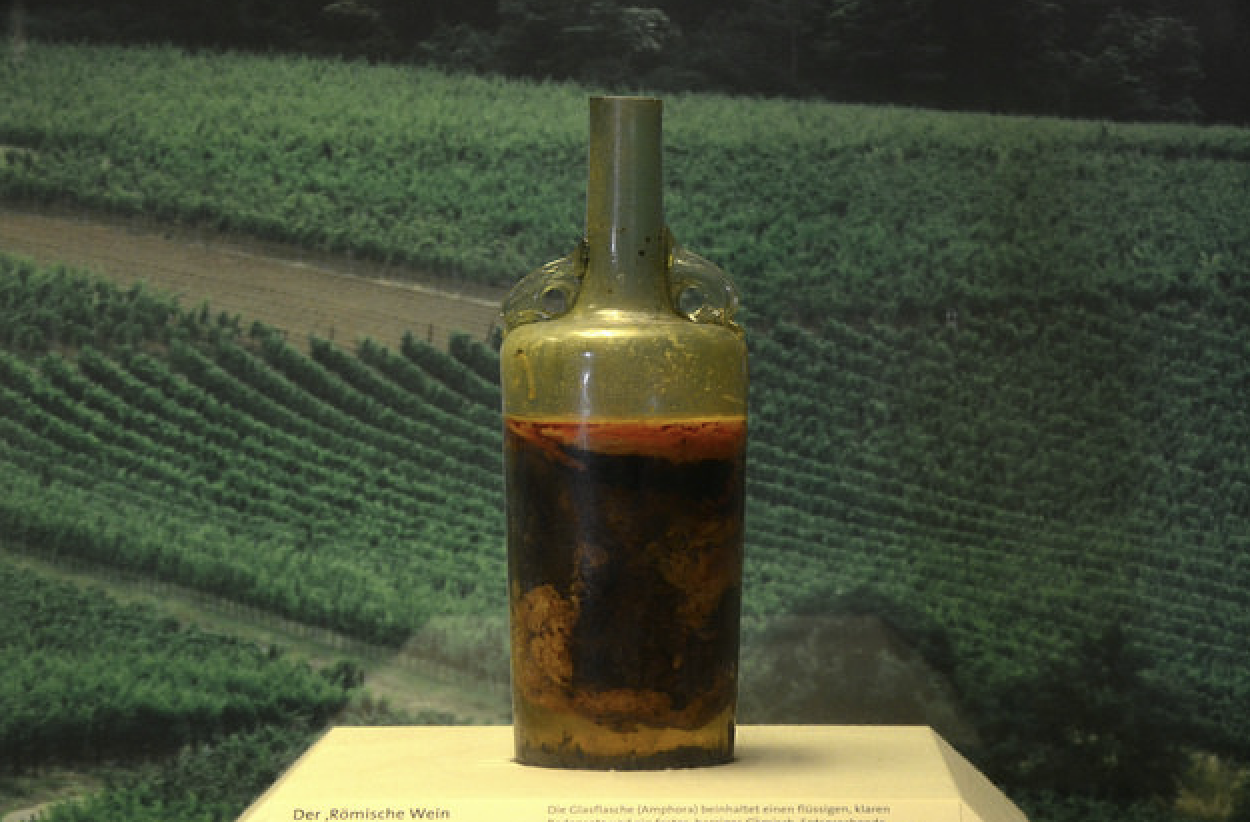Imagine standing on a precipice overlooking a vast, sun-drenched valley, where the faint echoes of ancient traditions whisper through the wind. Imagine touching a stone tool crafted by hands long gone, a testament to the ingenuity of our ancestors. This is the allure of exploring the oldest cultures in the world—a journey back to the very beginnings of human civilization, a quest to understand the roots of who we are and where we came from. But pinpointing the absolute “oldest” culture is a complex endeavor, riddled with debates and nuanced interpretations. So let’s embark on this fascinating journey, armed with the knowledge of archaeology, anthropology, and a deep respect for the enduring legacy of these remarkable cultures.

Image: www.hartmann-media-ii.com
The concept of “culture” itself is multifaceted. It encompasses not just material artifacts like tools and pottery, but also intangible aspects like beliefs, rituals, and social structures. Thus, identifying the oldest culture involves piecing together fragments of evidence—pot shards, cave paintings, and skeletal remains—to reconstruct a picture of how our ancestors lived, worked, and interacted with the world around them.
Delving into the Depths of Time: The Contenders for Oldest Culture
While the precise answer to the question of the world’s oldest culture remains elusive, several contenders stand out. Each possesses a rich history, unique cultural practices, and a profound influence on the evolution of humanity.
1. The San People of Southern Africa: Often referred to as the Bushmen, the San people hold a claim as one of the oldest cultures on Earth, with evidence of their presence in Southern Africa dating back tens of thousands of years. Their deep connection to the land, nomadic lifestyle, and intricate knowledge of foraging and survival techniques have long fascinated anthropologists. Their unique click-based language, known as Khoisan, is considered one of the oldest languages still spoken today. The San people’s survival in harsh environments through resourcefulness and adaptability speaks to their enduring resilience and offers valuable insights into early human adaptation.
2. The Aboriginals of Australia: For over 65,000 years, Aboriginal Australians have thrived on their vast landmass, developing a complex and diverse culture intricately woven with the natural world. Their sophisticated understanding of astronomy, their intricate rock art, and their intricate social structures based on kinship and land ownership are all testament to a rich and ancient heritage. Aboriginal culture offers a glimpse into a world where art and spirituality are deeply intertwined, where the concept of “Dreamtime” – a sacred, ancestral realm – permeates all aspects of life. Their continued struggle for land rights and cultural preservation underscores the importance of safeguarding the invaluable cultural legacy of these ancient people.
3. The Hadza People of Tanzania: Living in the remote areas of Tanzania, the Hadza people are considered one of the last hunter-gatherer societies in the world. Their way of life, largely unchanged for centuries, offers a rare window into a pre-agricultural era. Their deep connection to their environment and their unique hunting and gathering techniques are a testament to their adaptability and resilience. Their language, Hadza, is considered one of the most isolated languages in the world, further adding to their distinct cultural identity. The Hadza people are a living example of a traditional way of life facing the pressures of modern society, highlighting the delicate balance between cultural preservation and the challenges of globalization.
4. The Inuit People of the Arctic: The Inuit people, inhabiting the harsh and unforgiving landscapes of the Arctic, have developed a remarkable adaptation to extreme conditions.Their knowledge of ice and snow, their mastery of hunting and fishing, and their unique social structures – built around shared resources and cooperation – are testament to their resilience and ingenuity. The Inuit people’s profound respect for the environment, their elaborate storytelling traditions, and their iconic carving art all contribute to a rich and vibrant culture shaped by the harsh realities of their environment.
5. The Amazonian Indigenous Peoples: These diverse communities, inhabiting the vast Amazon rainforest basin, have thrived for thousands of years. Their intimate knowledge of the rainforest, their unique medicinal practices, and their intricate relationship with the natural world highlight the deep connection between culture and environmental sustainability. Their languages, often with complex grammatical structures, and their vibrant artistic traditions, including intricate body art and weaving techniques, reflect a vast cultural tapestry. The Amazonian indigenous peoples face the daunting task of preserving their cultural heritage amidst deforestation, climate change, and other environmental challenges, making their fight for survival all the more critical.
Beyond the Material: Unraveling the Threads of Culture
While these ancient cultures may differ in their geographical location, their material culture, and their languages, they share common threads that connect them to the origin of human civilization. They represent a timeless testament to the ingenuity of the human spirit, adapting to diverse environments and developing unique ways of life. These are not mere relics of the past; they are living cultural expressions, offering valuable lessons about how to live sustainably, respect the environment, and create vibrant communities.
Harnessing the Wisdom of the Ancient World: Lessons for the Future
The study of the oldest cultures offers a profound perspective on the journey of humanity. It reminds us of our interconnectedness, our resilience, and the enduring power of cultural traditions. By understanding their values, their practices, and their challenges, we can draw parallels to our own lives and learn invaluable lessons about how to foster sustainability, inclusivity, and a deep appreciation for the natural world.

Image: www.openculture.com
Oldest Culture In The World
A Call to Action: Preserving the Legacy of Our Ancestors
As we delve deeper into the mysteries of the world’s oldest cultures, we must commit to their preservation. These cultural expressions, often facing the pressures of globalization, modernization, and climate change, stand as beacons of our collective human story. By fostering cultural exchange, supporting indigenous rights, and promoting awareness of their invaluable contributions to our world, we can honor the legacy of our ancestors and ensure that their stories continue to echo through the ages.



/GettyImages-173599369-58ad68f83df78c345b829dfc.jpg?w=740&resize=740,414&ssl=1)


